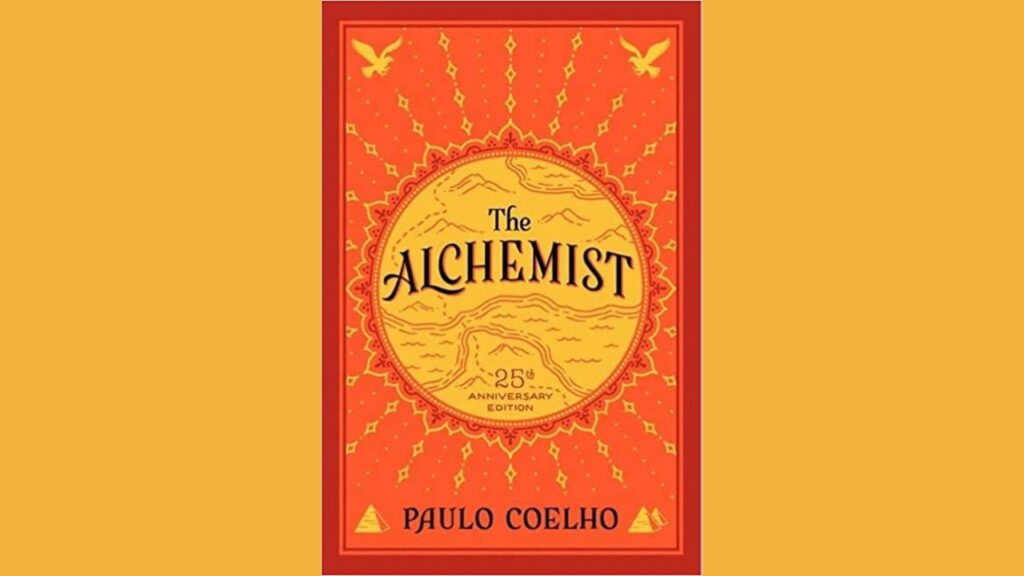
Student Notes – The Brothers Karamazov by Fyodor Dostoevsky
Introduction:
The Brothers Karamazov, written by Fyodor Dostoevsky and published in 1880, is a profound and complex novel that delves into the depths of human psychology, morality, and spirituality. It tells the story of the Karamazov family and explores themes such as faith, guilt, free will, and the nature of evil. This set of student notes provides a comprehensive overview of the key elements, themes, and characters in The Brothers Karamazov, along with analysis and discussion points for further exploration and understanding.
Setting:
- 19th-century Russia: The novel is set in a small town in Russia, capturing the social and cultural milieu of the time.
Characters:
- Fyodor Karamazov: The patriarch of the Karamazov family, a selfish and immoral man.
- Dmitry Karamazov: The eldest son, passionate and impulsive, caught in a love triangle and accused of patricide.
- Ivan Karamazov: The intellectual and philosophical middle son, tormented by his own ideas and guilt.
- Alexei Karamazov: The youngest son, a novice monk who seeks spiritual guidance and wrestles with faith and doubt.
- Grushenka: A captivating and enigmatic woman who becomes the object of desire for both Dmitry and his father.
- Smerdyakov: Fyodor’s illegitimate son, cunning and manipulative.
Plot Summary:
- The novel revolves around the conflicts and relationships within the Karamazov family, including the strained relationship between the brothers and their father.
- The murder of Fyodor Karamazov and the subsequent trial of Dmitry, which serve as the central plot points.
- The exploration of moral and philosophical dilemmas, as well as the characters’ quests for meaning, redemption, and spiritual understanding.
- Themes: Faith and Doubt, Guilt and Redemption, Free Will and Determinism, Love and Desire, the Nature of Evil.
Key Themes and Philosophical Explorations:
- Faith and Doubt: The novel grapples with questions of faith, exploring the tensions between religious belief, skepticism, and the search for meaning in a world plagued by suffering.
- Guilt and Redemption: Characters in the novel are burdened by guilt and seek redemption through various means, examining the possibility of moral and spiritual renewal.
- Free Will and Determinism: Dostoevsky explores the complexities of human agency and the interplay between personal choices and external influences.
- Love and Desire: The novel delves into the power of love and desire, examining their transformative potential and destructive consequences.
- The Nature of Evil: Dostoevsky presents a nuanced portrayal of evil, exploring its origins, manifestations, and the moral responsibility of individuals.
Analysis and Discussion Points:
- Analyze the character development of Dmitry, Ivan, and Alexei, examining their individual journeys, conflicts, and moral dilemmas.
- Discuss Dostoevsky’s exploration of the Russian Orthodox faith and its role in the characters’ lives and spiritual quests.
- Examine the influence of Fyodor Karamazov on his sons and the effects of their troubled family dynamics on their moral choices.
- Explore the theme of love and desire in the novel, analyzing the relationships between the characters and the ethical implications of their actions.
- Reflect on the relevance of the novel’s themes and philosophical explorations in contemporary society, considering their implications for understanding human nature and the complexities of morality.
Conclusion:
The Brothers Karamazov is a profound and introspective novel that delves into the complexities of human existence, morality, and spirituality. Fyodor Dostoevsky’s exploration of faith, guilt, free will, and the nature of evil continues to captivate readers and provoke deep contemplation. By engaging with the student notes provided, readers can gain a deeper understanding of the novel’s themes, characters, and philosophical inquiries, fostering critical thinking and stimulating insightful discussions about the human condition and the quest for moral and spiritual truth.



